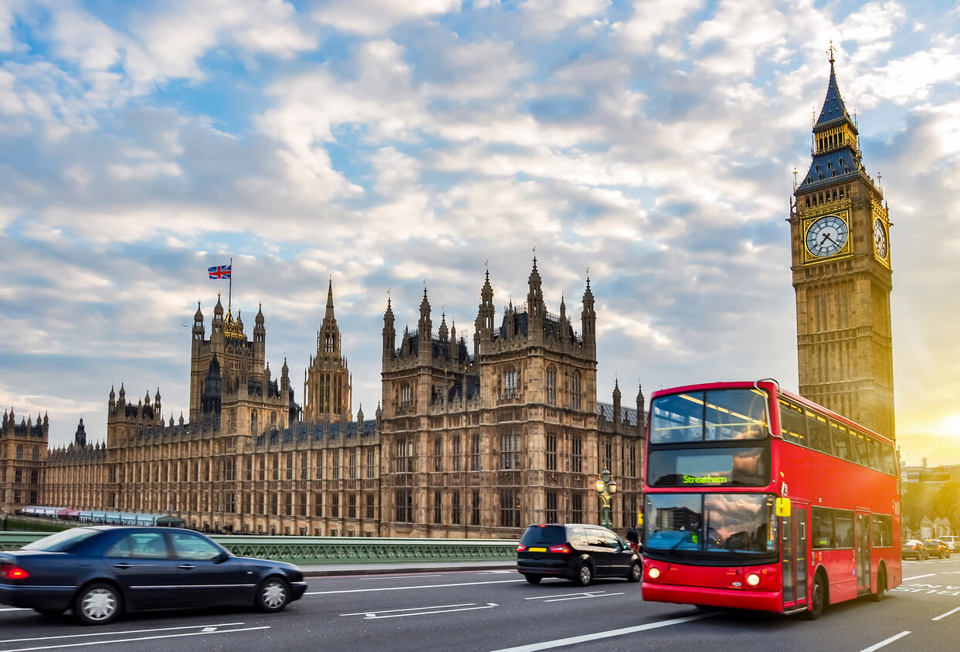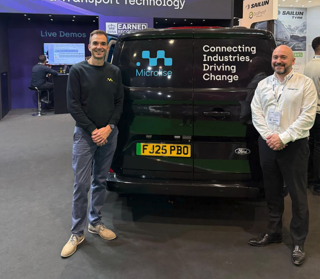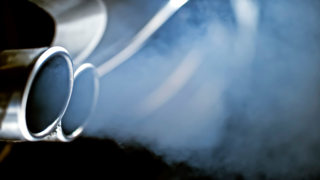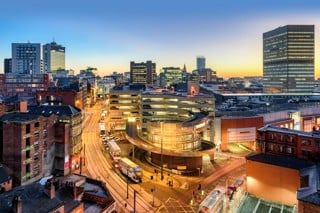Diesel cars and vans that do not meet the Euro 6 environmental standard will have to pay £12.50 to enter central London from April 8, 2019, while HGVs, buses and coaches will face a daily charge of £100.
The Mayor of London, Sadiq Khan, is also proposing to expand the the Ultra Low Emission Zone (ULEZ) across Greater London for heavy diesel vehicles, including buses, coaches and lorries, in 2020, and up to the North and South Circular roads for cars and vans in 2021.
Khan has already confirmed the £10 T-Charge (toxicity charge), which will start in October this year. He is now proposing this will be replaced by the introduction of the world’s first ULEZ in April 2019, following a public consultation that he is launching today. The ULEZ in 2019 will cover the same area as the existing congestion charging zone.
Petrol vehicles that don’t meet Euro 4 standards and diesel vehicles that do not meet Euro 6 standards will have to pay a ULEZ daily fee (£12.50 for cars, vans and motorbikes; £100 for buses, coaches and HGVs) to drive in the zone, 24 hours a day, 365 days a year. It means that petrol cars that are more than 13 years old in 2019, and diesel cars that are more than four years old in 2019, will not meet the new standards.
The total cost, with the congestion charge added (during the times of day it is applicable), for motorists with non-compliant cars will be £24 a day.
The ULEZ will apply to all vehicle types, except black taxis. It is estimated that introducing ULEZ in central London will result in nearly a 50% reduction in road transport NOx emissions in 2020.
Once the Mayor has finished consulting on the current ULEZ proposals in June, he wants to start consulting on actions that go even further. This would include expanding the ULEZ across a larger area, to cover nearly all of Greater London. This expanded zone would apply to heavy diesel vehicles such as buses, coaches and lorries and it would be implemented in 2020.
Following that, the Mayor wants to go even further still and consult Londoners on extending the ULEZ area applying to light vehicles, such as cars, vans, minibuses and motorcycles up to the North / South Circular road. This would be implemented in 2021.
Khan insists that these timescales would provide Londoners, motorists coming into the capital from elsewhere and businesses which will be affected, sufficient time to take the necessary steps to prepare for these new standards.
They also reflect the minimum amount of time needed for Transport for London (TfL) to consult on and implement such technically complex schemes over such large parts of London.
Khan said: “I am introducing a new T-Charge this October and subject to consultation, I want to introduce the Ultra Low Emission Zone in central London in April 2019. This alone will mean the capital has the toughest emission standard of any world city.
“But the scale of our air quality challenge is so big that I need to go further. I want to expand the ULEZ from 2020 for heavy vehicles such as buses, coaches and lorries so that all of London will benefit from cleaner air. Then from 2021, I want to expand it up to the North and South Circular roads for light vehicles, including cars and vans. These measures will help improve the air that millions of Londoners breathe.
“I want to announce my intention to consult on these proposals in good time so that business and those affected by new charges will have time to make changes they need to adapt to our low emission requirements.”
Khan also reiterated his call on the Government to deliver a national vehicle scrappage fund, reform fiscal incentives like vehicle excise duty and pass a new Clean Air Act.
The consultation on the Mayor’s proposal on bringing forward the start date of the central London ULEZ is launched today (April 4) and runs until June 25. Other proposals will be consulted on later this year.
The Mayor is working with TfL to ensure London’s public transport fleets lead the way in low emission technology. TfL will no longer procure double deck pure diesel buses from 2018 and instead only buy hybrid, electric or hydrogen buses.
All new taxis will need to be zero emission capable from next year and new private hire vehicles will need to follow suit from 2020.
Cllr Julian Bell, London Councils’ executive member for transport and environment, said: “London Councils supports measures to continue to address poor air quality in the capital, which we know is a major concern for many Londoners, and welcomes the Mayor’s pledge to listen to the consultation responses received.
“It is vital for national, regional and local governments to work together, alongside our residents, to help clean up our city’s filthy air and improve health and quality of life.”

























Sage & Onion - 05/04/2017 14:12
This will no doubt become yet another tax on businesses as I predict after the consultancy period a U-turn will be made to exempt all private cars or at least residents of London will become exempt from this tax. But more needs to be said about what the revenue raised by these extra taxes will be used for. Will they be used to help fund the NHS? Or is that wishful thinking? Or will they be used to fund the transfer of the TfL bus and commercial fleet over to cleaner engine technology? In any case Khan has either just sparked a demand for new Euro 6 diesel cars or has just killed the resale value of current diesel cars that aren't Euro 6. He's given no thought to the public and companies alike who will now take the double whammy of paying out more for a new Euro 6 vehicle whilst at the same time depreciated the value of their current trade-in significantly. And why would anyone want to buy a diesel now when the goalposts can be changed so easily with only 2 years notice to adapt to what for a lot of private motorists is a much longer term investment. PCP's will now become much more popular over other financing arrangements. Londoners can thank Khan (perhaps at the next Mayoral elections) when they see the cost of goods and services start to rise for Londoners, but of course Khan will no doubt blame those rises on Brexit as the timing just so happens to co-incide! A great time to bury bad news as they say.